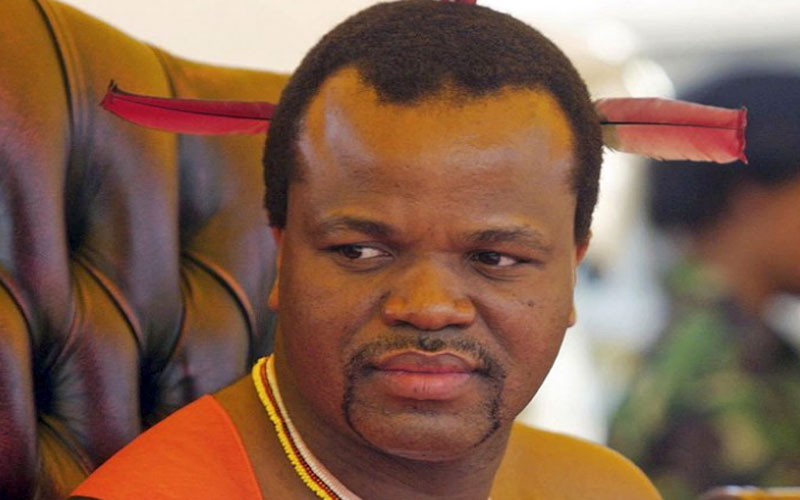×
The Standard e-Paper
Join Thousands Daily

South African State broadcaster, SABC, on Monday, June 28 reported King Mswati III had fled eSwatini. [File, Standard]
The eSwatini Government has denied reports that its leader, King Mswati III, has fled the country following pro-democracy protests that rocked the southern Africa nation on Monday, June 28.